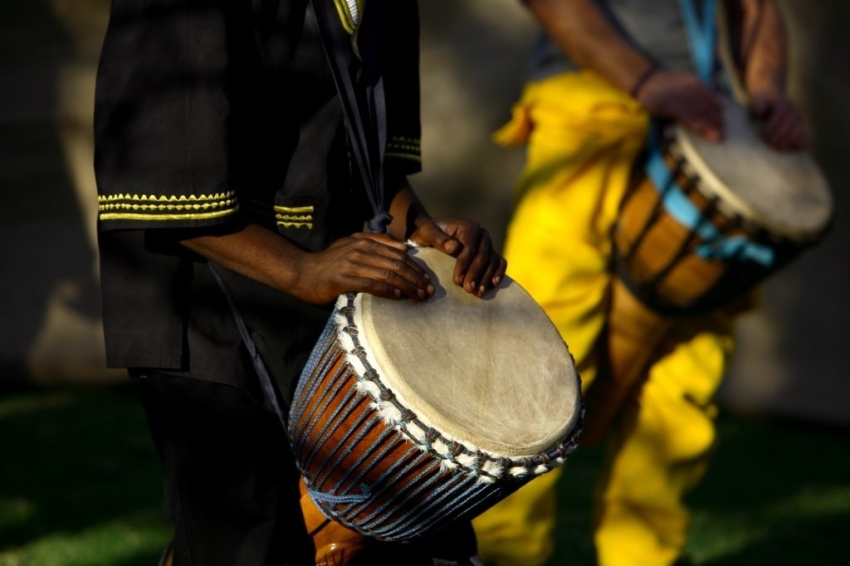The echoes of musical resistance from the dark era of slavery continue to reverberate through the modern musical landscape of the island. For many years, the natural beats and rhythms of Saint Lucian music have been considered “noise” by those who can’t hear the hidden secrets.
Petal Samuel, an Afro-Caribbean researcher of Saint Lucian descent, argues that music and sound are important tools of rebellion. “What’s encoded…in the language of the law is that the colonial authorities and planters were fearing that certain kinds of sounds could either signal or induce slave rebellions,” Samuel explains.
In today’s world, she observed, music is also used as rebellion in nightclubs, dance halls, and indigenous genres like reggae and Dennery Segment. In Saint Lucia, where tourism feeds the economy, there are anxieties surrounding the loudness of music at night. Samuel says attempts to limit the use of music today have a lot to do with colonial undertones.
“So, it’s not actually a question of decibel measures,” Samuel says. “There are these ideological postures that we have toward certain kinds of sounds. If classical music is being blasted, that’s going to mean something different to us than if heavy metal is being blasted. What does heavy metal mean to us? And then if hip-hop is being blasted, what does that mean to us?
Samuel says the expression of black music is often seen as “uncivilised” by the white Western World. “[Artists] are constantly being made to feel as though they have to live up to these Western standards of civilisation,” she explains.
The musical resistance of enslaved individuals in Saint Lucia during the era of slavery laid the groundwork for the rich and diverse musical traditions that flourish today. From the clandestine beats of hidden drums to the symbolic call-and-response patterns, the musical expressions of resistance served as a powerful tool for communication and cultural preservation. These early forms of musical resistance sowed the seeds for a distinct Afro-Caribbean identity, fostering a spirit that transcends generations.


